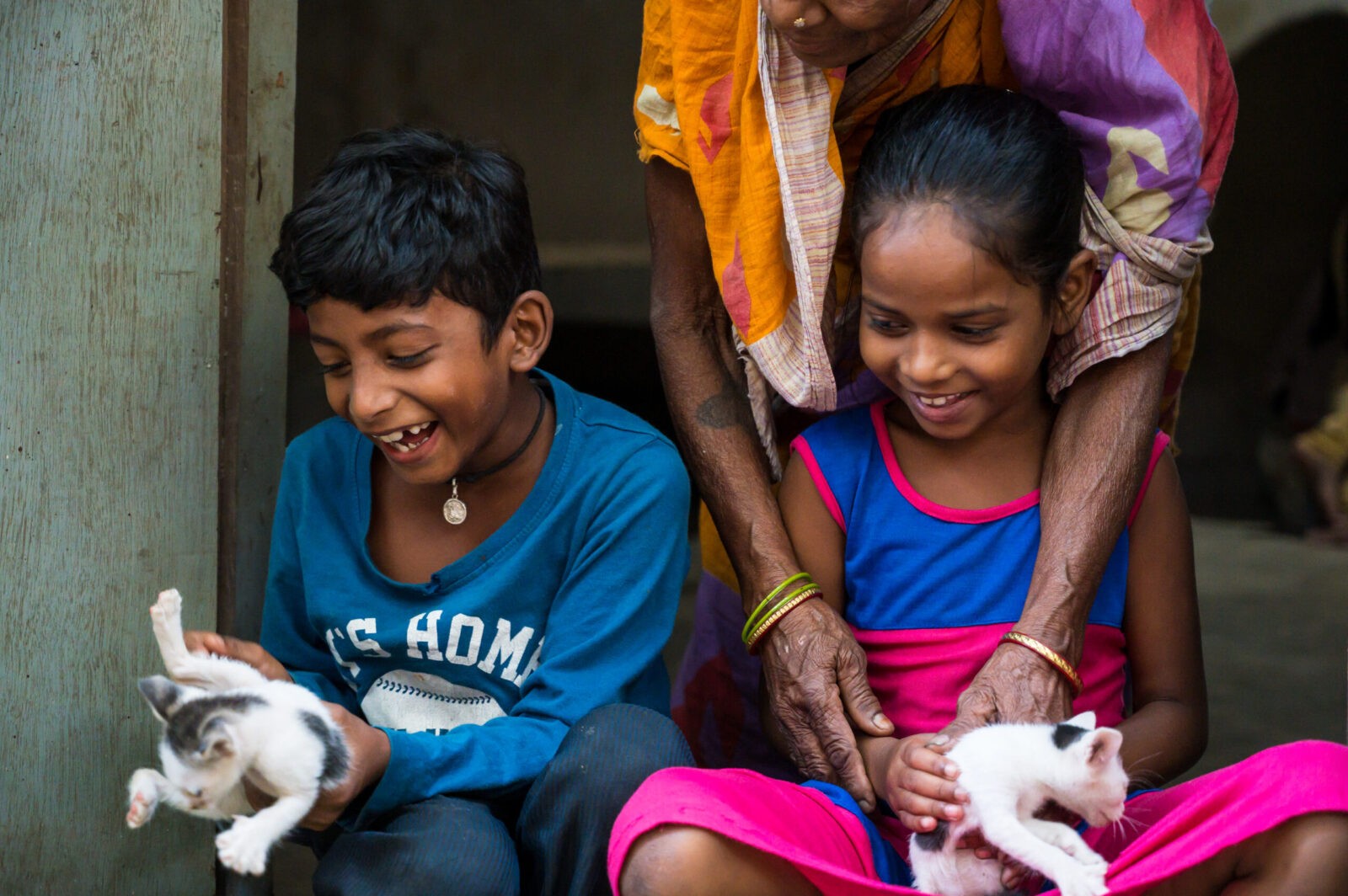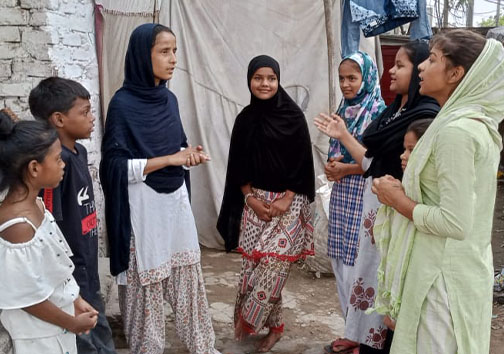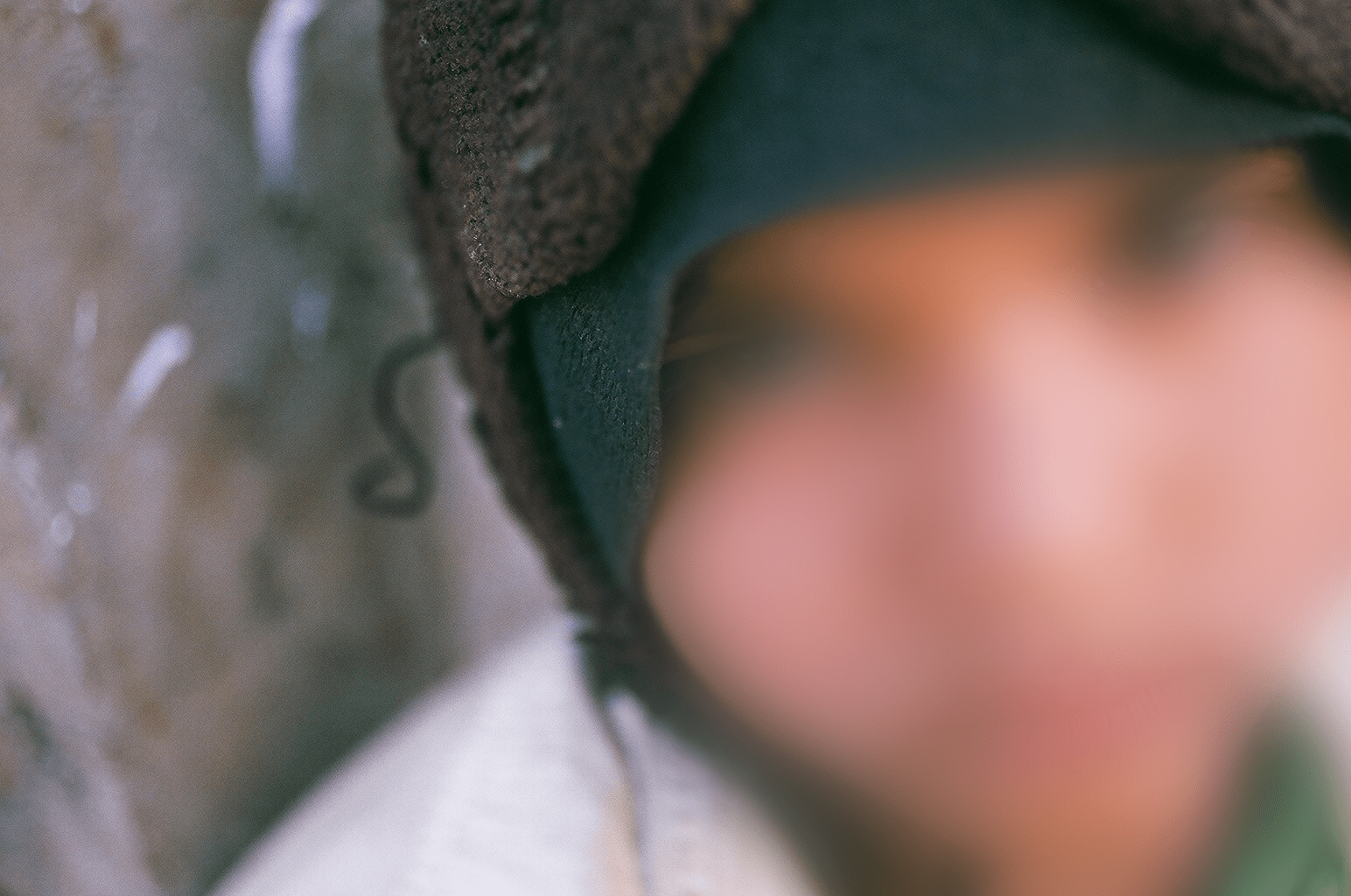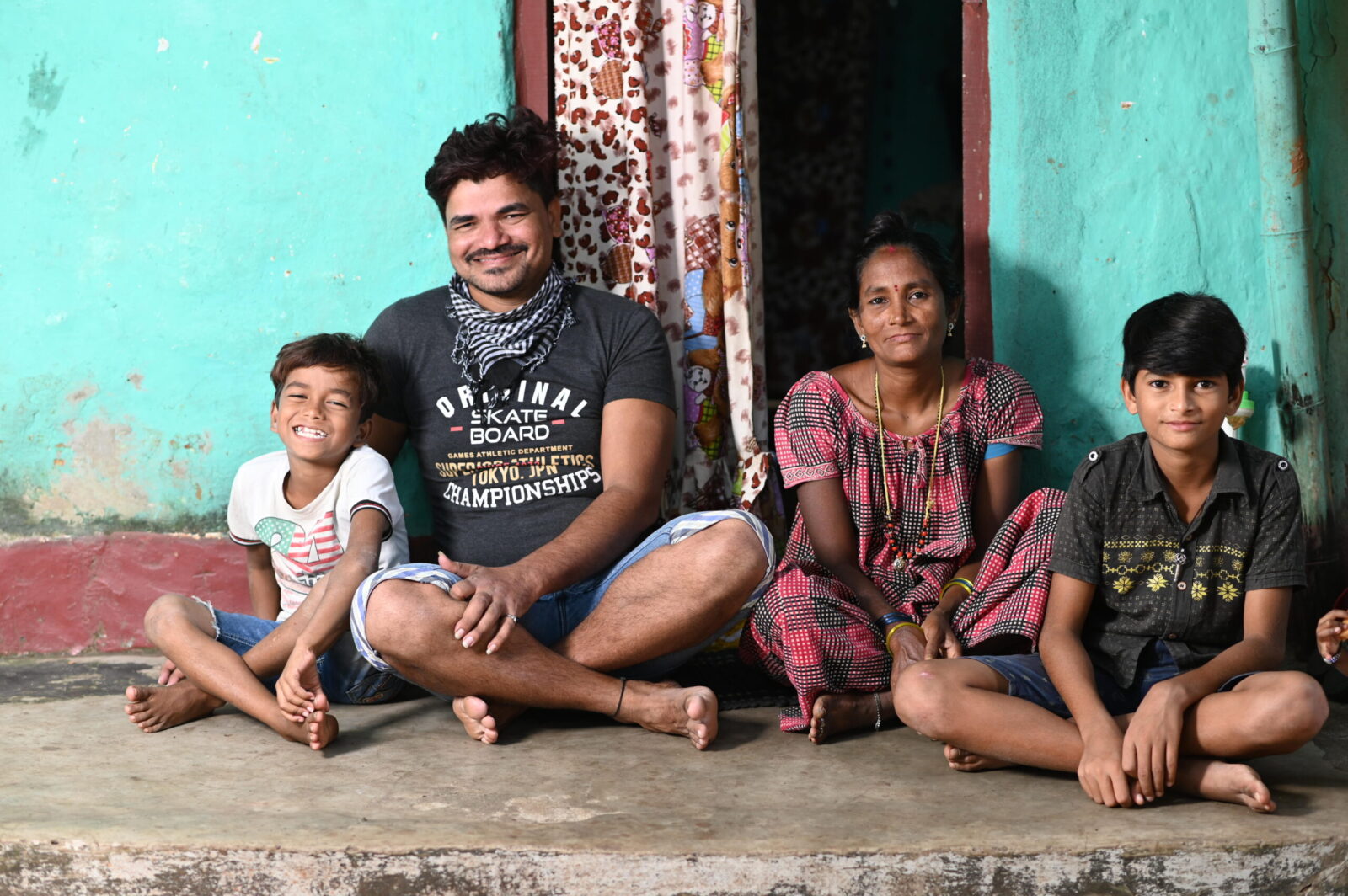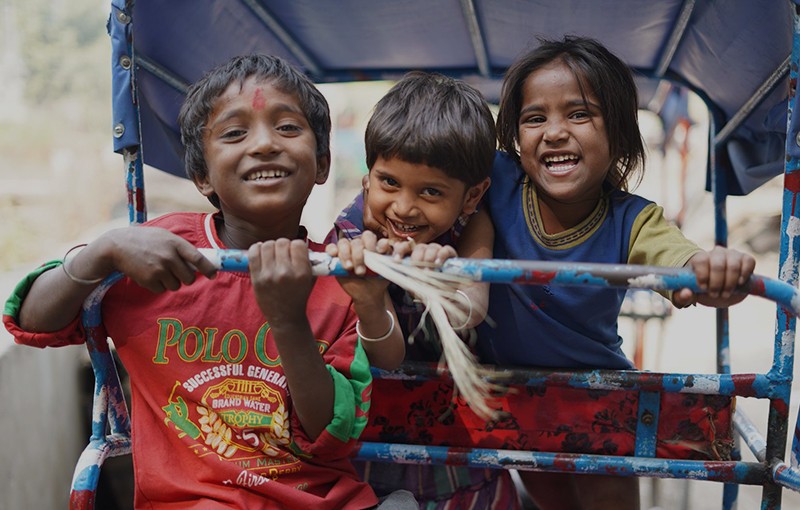
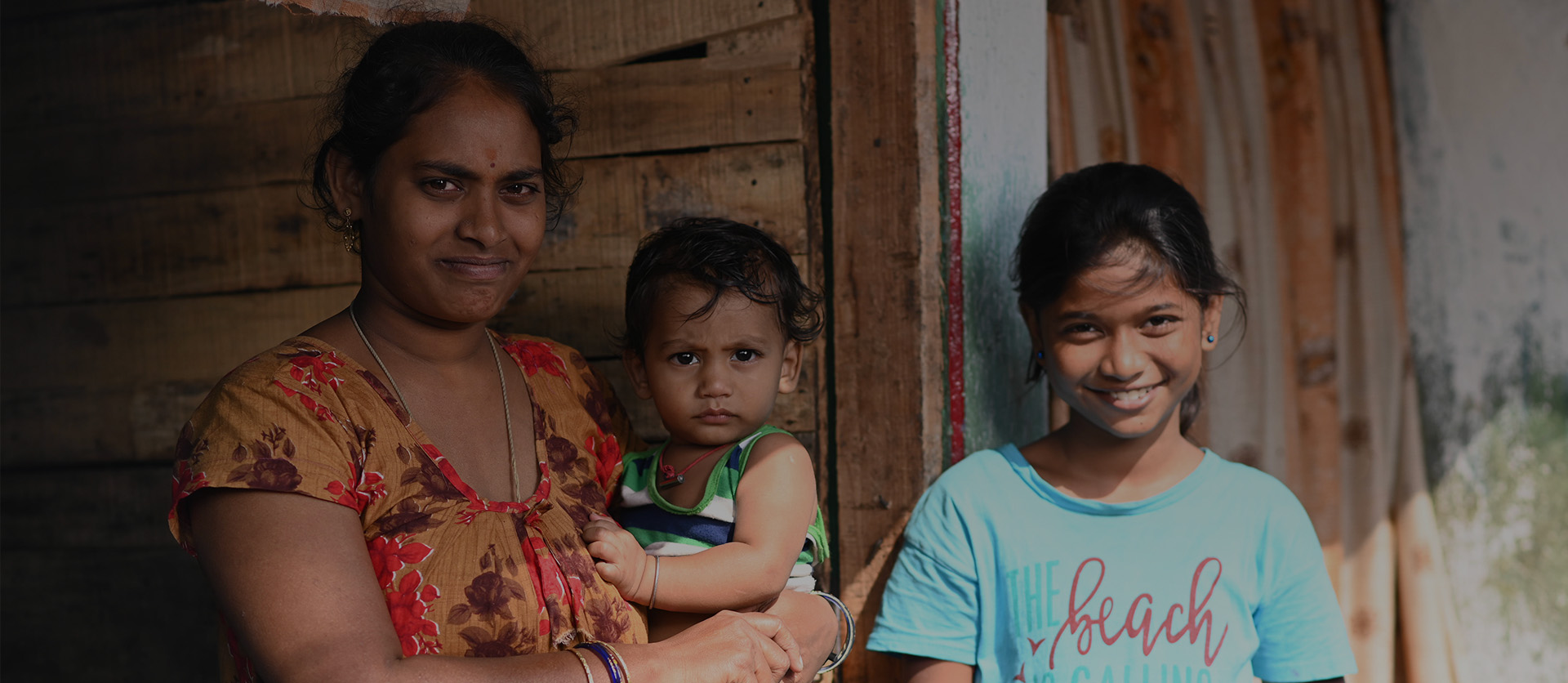



Empowering communities and families to protect children
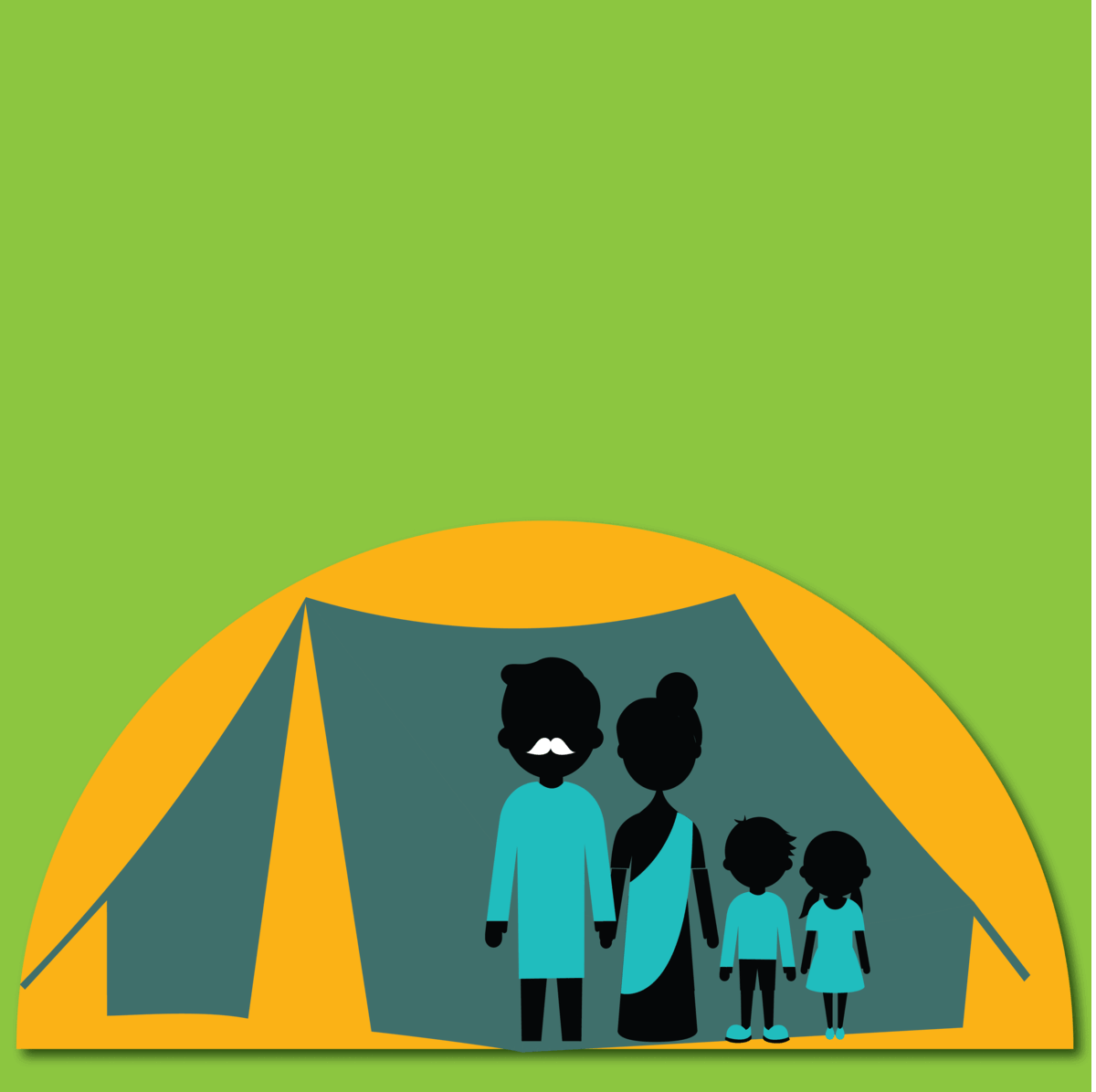
We work in partnership with communities in and around transport hubs, helping them to create environments that are hostile to abuse and where people are equipped to play their part in protecting all vulnerable children. We will build stronger communities where it is unacceptable for any child to be abused, exploited and left alone to survive and where people feel compelled and equipped to challenge this where they see it.
Our work is guided by our belief in early intervention and prevention as the most effective way to ensure the protection of children. We work to educate and equip parents, families, community members, local governments and identify potential community champions to strengthen community responses and collectively build safe communities for children.
Enabling everyone to play their part in protecting vulnerable children
Protecting children inside and outside their home, on public transport, on the streets, means everyone plays their part. It’s called contextual safeguarding. Through partnerships with parents, teachers, local authorities, passengers, public and the transport community we build communities committed to protecting children and young. Parenting workshops, awareness raising, skills training and confidence building help everyone spot and support vulnerable children, so more children have a chance of a brighter future.
Changing attitudes to keep children safe
Harmful behaviours and attitudes toward children often occur because they’re considered the norm amongst communities. Vulnerable children struggling to survive on the streets are seen as nuisances or simply not noticed. That’s why changing attitudes and behaviour runs through our work. Awareness activities, engaging and speaking to community members, parenting workshops and counselling, activating children’s groups so children share their concerns and voices, so that they understand what’s not acceptable and how to challenge it are some of the ways we bring about change.
Better equipping parents to take care of their children
It takes a village to raise a child (and a community to protect it!). We believe that communities have the capacity to find solutions to protect their children. That is why we work closely with key community members to raise awareness on child rights issues, mobilize community responses and actions to enhance children’s safety, and to ensure communities participate in creating a protective environment for children. Our integrated approach to child protection has been built on field experience research and in-depth vulnerability assessments conducted across communities.
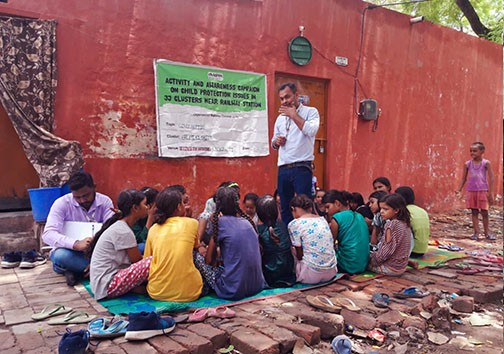
#Communities4Children - Children’s Groups across Communities—A Collective of the Children, by the Children, for the Children
Responding to children in a crisis
It is during a crisis that childhoods are the first casualty. The relentless trend of complex and protracted crises pose grave risks to children’s well-being and development. Unprecedented child protection needs arose from the COVID 19 pandemic, and we worked round the clock to ensure that the most vulnerable children were reached and their immediate needs were met.
From providing relief distribution of groceries and nutritional kits, psychosocial support and mental health services, educational and learning material, children and their families were reached out to and protected to ensure that children do not drop out of school, get pushed into work or get trafficked or even get married early.
Thank you to everyone who supported us during the Covid19 pandemic
Family Strengthening
Parents and families form the first circle of protection for children. Strengthening the capacity of families to reinforce a safety net that provides care, protection and nurturing for their children is a pivotal step towards preventing children from taking to a street life, and separation from parental care.
Investing in families delivers a dividend that is not easily measured in economic terms but has outcomes that can change the landscape of children protection. RCI’s model for family strengthening is all encompassing, designed to ensure that every family is resilient to protect their children.
- Preventing Separation: Building the capacity and skills of families to prevent separation of children from their family. This includes making available a range of support systems for the family to get support by providing full access to basic services and schemes, especially healthcare, vocational training, education and social protection, and parenting workshops, counselling and sensitization on child rights and protection.
- Family Reintegration: Promoting sustainable reintegration of children into their families. We follow a systematic family reintegration process for children reached, rescued and restored at transport hubs. The process includes facilitating appropriate contact with parents/family members, assessment, follow up, and family visits.
- Parents as role models in the community: Our programme provides support to parents and seeks to change family behaviours and environments to encourage healthy child development. This includes ensuring equal access to health, nutrition, education and livelihood opportunities, in addition to psychosocial help, and measuring the changes in family dynamics during the programme intervention.
How sending her daughters to the Child Activity Centre changed Kaveri’s life

Data Security: Railway Children India takes utmost precautions with your personal data. For further details, please visit the "Privacy Policy" of Railway Children India available on this website.
©️ 2024 Railway Children India. All rights reserved. | Railway Children India is a Non-Profit organisation, registered under section 8 of The Companies Act, 2013 with registration number U85100DL2013NPL260371.


